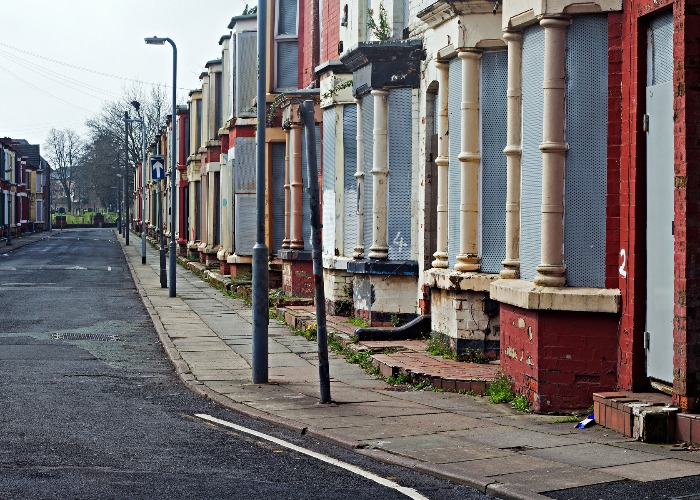Industry analysis by Landlord Action, housing law specialist and part of the Hamilton Fraser Group, has revealed that the number of rental property repossessions carried out on behalf of landlords across England and Wales has increased by one thousand four hundred and eighty seven per cent annually, following the end of the tenant eviction ban implemented to protect the nation’s renters during the pandemic. Tenant evictions and their wider welfare within the rental market have long been a hot topic within the sector. In fact, the Government released their latest plans to improve rental sector standards on 16 June via The White Paper – A Fairer Private Rented Sector. One of the primary initiatives includes the abolition of Section 21 evictions, which will provide tenants with greater security and prevent landlords from evicting them without establishing fault on the side of the tenant. The latest government data shows that over the last year (2021-22), some 12,965 rental properties were repossessed on behalf of the nation’s landlords. This marks a 1,487 per cent increase on the previous year, but while this may seem like a concerning trend for tenants, there’s one important fact to consider. During the pandemic, tenant evictions were banned to safeguard those struggling financially between March 2020 and May 2021. As a result, only cases where it was deemed necessary were processed, meaning that there were just 817 rental properties repossessed during 2020-21. In fact, the 12,965 repossessions seen over the last year is actually fifty six per cent fewer than the 29,347 recorded in the pre-pandemic year of 2019-20. What’s more, the level of rental homes being repossessed on an annual basis had already been declining steadily year on year, down from 35,046 in 2017-18 to 33,113 in 2018-19. But it’s not just the total number of repossessions that’s on the slide. The latest data shows that total repossessions account for just twenty six per cent of all initial claims made by landlords. While this was far lower for obvious reasons during 20-21 at just four per cent, it’s a lower proportion than 2019-20 (28 per cent), 2018-19 (28 per cent) and 2017-18 (27 per cent). Eddie Hooker, CEO of the Hamilton Fraser Group, who operate industry schemes such as mydeposits, the Property Redress Scheme and Client Money Protect, as well as Landlord Action says: “At first glance, it would appear as though the floodgates have opened where the repossession of rental properties is concerned, but this isn’t quite the case. Following a year where tenant evictions were banned except for in certain circumstances, there was always going to be a spike in repossessions as a backlog of cases finally started to be processed. However, we’re yet to see the level of rental homes being repossessed return to pre-pandemic levels and there are also a lower proportion of initial claims making it to this final, last resort stage. While delays due to the backlog of cases may certainly be one cause, it’s also fair to say that the nation’s landlords have largely acted with empathy and understanding following the pandemic, understanding the problems facing many tenants and looking to help them rather than turf them out on their ear.” Paul Sowerbutts, Head of Legal at Landlord Action “At Landlord Action we have prepared ourselves for the expected spike in property repossessions and are busier than ever. Whilst we expect this trend to continue into both the third and final quarters of this year due to the cost of living crisis, we also expect repossessions levels to remain high into next year as well.” Hamilton Fraser: Landlord possession actions : Landlord possession actions Data relates to landlords of all types across England and Wales. Source: Gov.uk














